Posted on 2/27/2026
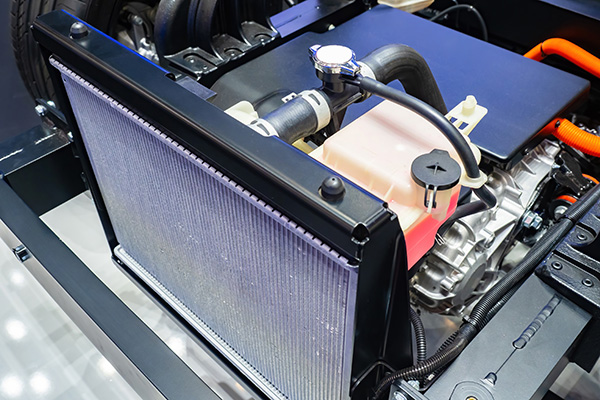
Coolant leaks can be annoying because they do not always leave a puddle. You top off the reservoir, everything looks fine for a week, and then the level is low again. A cooling system pressure test is one of the quickest ways to catch leaks that only show up under pressure, and it often finds problems before the engine ever overheats. It is a straightforward test, but it is effective because it recreates the conditions your cooling system sees when the engine is hot. Instead of guessing, it lets you see exactly where coolant is escaping. What A Cooling System Pressure Test Does A pressure test uses a hand pump and an adapter that fits the radiator neck or reservoir, depending on the vehicle. The system is pumped to a specific pressure, usually close to the rating of the radiator cap. Once it is pressurized, the technician watches to see whether the pressure holds steady or drops. If pressure drops, coolant is leaving the system somewhere. That might be a visible dr ... read more
Posted on 1/30/2026
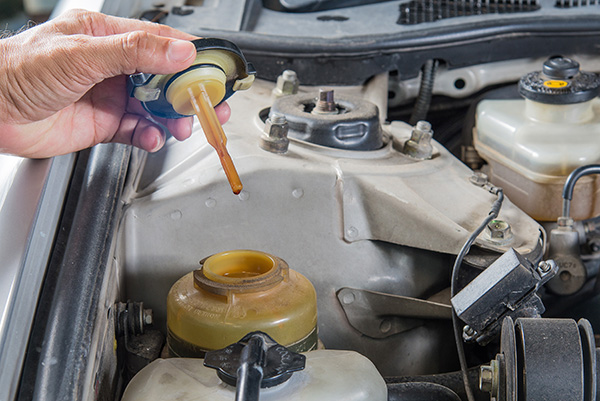
A power steering leak is easy to ignore at first. Maybe there’s just a small spot on the driveway, and the steering still feels mostly normal. A lot of drivers tell themselves they’ll deal with it later, especially if the car still gets them to work and back. The risk is that power steering systems don’t like running low. The leak may start slowly, then speed up without warning. Once the fluid drops enough, you can lose steering assist, overheat the pump, or create a mess that spreads fluid onto belts and suspension components. So yes, you can sometimes drive with a small leak for a short time, but it’s not a situation to treat casually. Why A Power Steering Leak Gets Worse Over Time Power steering fluid is under pressure, and the system runs hot. Rubber hoses soften with age. Seals harden. Connections loosen slightly. Those conditions push a ... read more
Posted on 12/19/2025
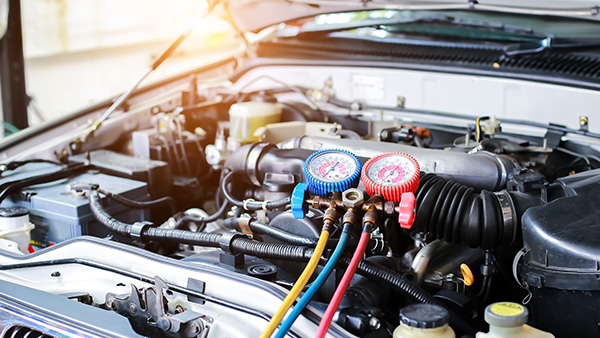
You may see “A/C service” on an estimate and wonder why it mentions different refrigerants like R-134a or R-1234yf. From the driver’s seat, cold air is cold air, but under the hood the type of refrigerant your car uses affects how it is serviced, what equipment is required, and even what it costs to recharge the system. Why Modern A/C Systems Use Different Refrigerants Automakers have gone through several refrigerants over the years, mainly to reduce environmental impact. Older systems used R-12, which was phased out long ago. Most vehicles then switched to R-134a, and now many newer models use R-1234yf to meet stricter regulations. Each refrigerant has its own working pressures, compatibility with seals and oils, and impact on the atmosphere. That is why knowing which one your car uses matters. If the wrong type goes into the system, you can end up with poor cooling, damaged components, or a system that is no longer safe to service. What ... read more
Posted on 11/28/2025
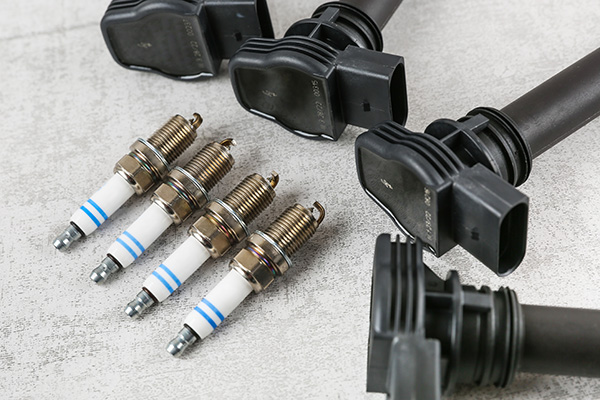
Healthy spark plugs and coils keep starts quick, idle smooth, and power consistent. They also protect the catalytic converter by preventing misfires that dump raw fuel into the exhaust. Replacement timing depends on the plug design, your driving, and how the engine is running day to day. Why Plugs and Coils Are So Important Spark plugs ignite the air-fuel mixture thousands of times per minute. Ignition coils transform battery voltage into the high voltage needed to jump the plug gap. When either one weakens, combustion becomes inconsistent, which shows up as hesitation, shaking, and poorer fuel economy. Left long enough, misfires overheat the converter and can trigger a flashing check engine light. Typical Replacement Intervals Many modern engines use long life iridium or platinum plugs that last 60,000 to 100,000 miles, sometimes more ... read more
Posted on 10/31/2025
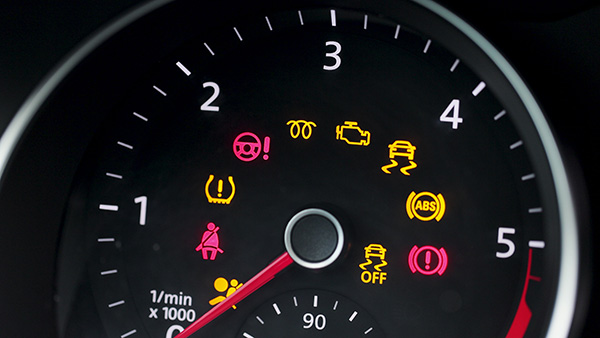
Little changes often show up before big problems. A faint squeak, a new vibration, or a light on the dash can be your first hint that something needs attention. If you catch these clues early, you can prevent roadside trouble and keep repair costs reasonable. Here are seven signs worth paying attention to, what they usually mean, and why quick action helps. 1. New Noises That Do Not Fade A sound that appears and stays is speaking to you. A chirp on cold starts often points to a loose belt or a worn tensioner. A grinding noise during braking suggests pads that are down to the backing plates and rotors that are taking a beating. A rhythmic thump that follows road speed can be a flat spotted tire or a wheel bearing beginning to fail. Make a quick note of when the noise happens, such as over bumps or while turning, and which side you think it comes from. That detail shortens diagnosis time. 2. Vibration, Shimmy, or a Pull While Driving A steering wheel ... read more
Posted on 9/26/2025
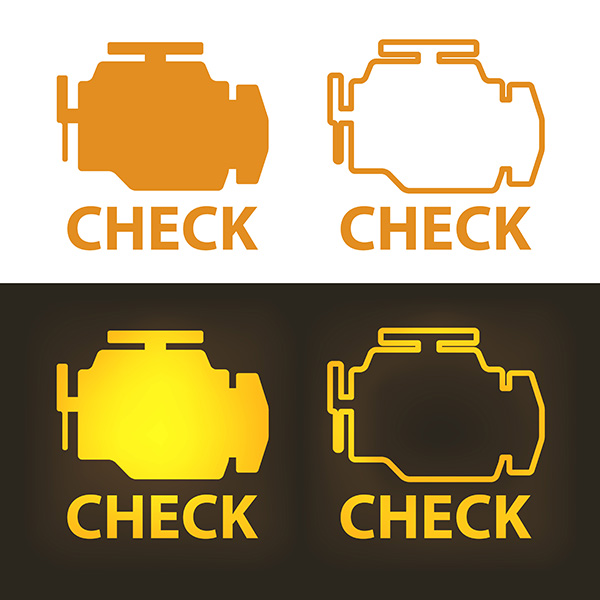
Your check engine light is one of the most important indicators on your dashboard. When it’s solid, it usually points to an issue that needs attention soon. But when the light is flashing, it’s a whole different story. A flashing check engine light often signals a severe problem that requires immediate attention. Ignoring it or continuing to drive can lead to serious engine damage and costly repairs. Knowing what causes the light to flash and what steps to take can help protect your engine and your wallet. The Most Common Cause: Engine Misfire A flashing check engine light usually means your engine is misfiring. This happens when one or more cylinders fail to ignite the air-fuel mixture correctly. Misfires are dangerous because they can cause raw fuel to enter the exhaust system. When that unburned fuel reaches the catalytic converter, it can overheat the component and cause it to fail. A failed catalytic converter is expensive to replace and is essenti ... read more
Posted on 8/29/2025
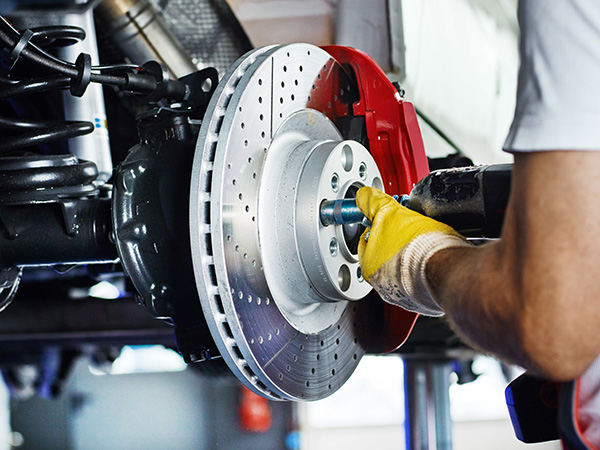
Your brakes are your car’s most important safety feature. They allow you to stop quickly, control your vehicle on steep hills, and avoid collisions. While many drivers keep up with regular brake pad and rotor replacements, there are times when the entire brake system requires more than routine service. A full brake system overhaul may be necessary if multiple components are worn, damaged, or no longer performing reliably. Knowing the signs helps prevent dangerous situations and costly accidents. What a Brake System Overhaul Really Means An overhaul goes beyond replacing brake pads or machining rotors. It typically involves inspecting and servicing all critical components, including the master cylinder, calipers, rotors, brake lines, hoses, and sometimes the brake booster. Worn-out or corroded parts are replaced, fluid is flushed, and adjustments are made to restore factory-level performance. Think of it as a reset for your braking system. Instead of patching ... read more
Posted on 7/29/2025
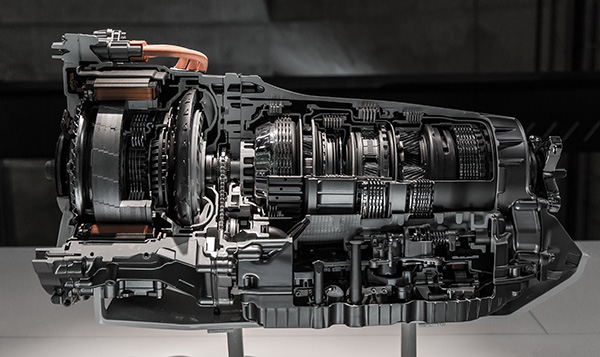
Your vehicle’s transmission plays a crucial role in getting power from the engine to the wheels. Whether you're driving an automatic or manual, the transmission ensures smooth shifting and consistent acceleration. But like any mechanical system, it’s vulnerable to wear and tear over time. When transmission problems begin, they often show up as subtle symptoms that can easily be mistaken for something else. Catching early signs of transmission trouble can prevent more serious and expensive repairs down the line. Here's how to recognize common issues and understand when to schedule a professional inspection. What a Transmission Does and Why It Matters The transmission is responsible for adjusting your engine’s power output based on your driving speed. In simple terms, it helps your vehicle shift gears so that the engine can run ef ... read more
Posted on 6/27/2025
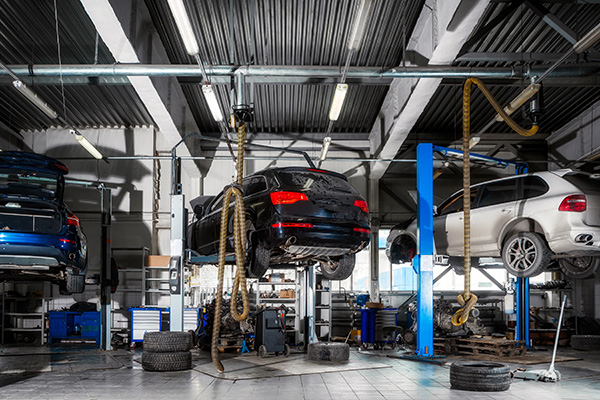
Summer brings sunshine, long days, and more opportunities for road trips, commutes, and family outings. It’s also the perfect time to check in on your vehicle’s health. Many drivers wait until something goes wrong before heading to the shop, but a full inspection during the summer months can prevent trouble later on, especially during the high heat and heavy usage that this season often brings. Why Summer Is Ideal for Preventive Maintenance As temperatures rise, your vehicle’s components experience added stress. Heat affects fluids, belts, hoses, battery life, and tire pressure. You might notice that your A/C has to work harder or that your engine runs hotter than usual. These subtle signs are often early indicators that your car needs attention. A full vehicle inspection helps you catch these problems before they grow into expensive repairs. Summer is also a time when many drivers plan vacations or longer drives, making vehicle reliability even mo ... read more
Posted on 5/30/2025
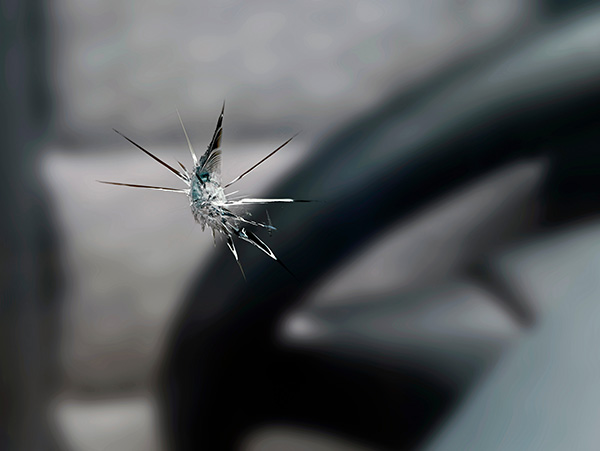
A small chip or crack in your windshield might seem harmless at first, but it doesn’t take long for that blemish to stretch across the glass. Many drivers are surprised by how fast a seemingly minor crack becomes a serious visibility issue or, worse, a complete windshield replacement. Understanding what causes these cracks to spread can help you act quickly and avoid bigger problems. Windshield damage is more than cosmetic. It weakens the structural integrity of your vehicle and puts your safety at risk in the event of an accident. That’s why it's important to know what’s behind the rapid spread of windshield cracks and what you can do about it. Temperature Changes Put Stress on the Glass One of the most common reasons a crack grows quickly is sudden changes in temperature. Windshields are made of laminated safety glass, which includes two layers of glass with a plastic layer in between. This design helps prevent the glass from shattering, but ... read more